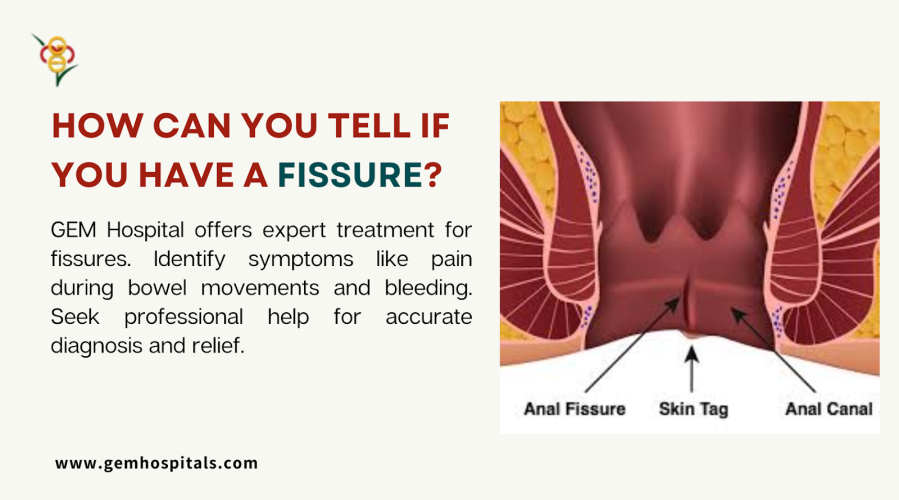Learn effective solutions for digestive problems with expert tips to improve gut health, reduce discomfort, and maintain a healthy digestive system.
How Can You Tell If You Have a Fissure Key Symptoms and Signs

How Can You Tell If You Have a Fissure Key Symptoms and Signs
Experiencing discomfort in sensitive areas of your body can be both alarming and confusing. One common cause of such pain is a fissure, specifically an anal fissure. This condition, although uncomfortable and potentially distressing, is usually manageable once properly identified. In this post, we'll explore the main symptoms and signs to help you determine if what you're experiencing might be a fissure.
Identifying Common Symptoms of a Fissure
A key symptom of an anal fissure is a sharp pain during bowel movements. This pain can be quite intense and may continue for hours afterwards. Another telltale sign is spotting blood on your toilet paper, which can be startling. Unlike the darker blood associated with some other conditions, the blood from a fissure is bright red, indicating it's from the lower part of the digestive system.
Understanding the Discomfort:
- Sharp Pain: Intense pain during and after bowel movements.
- Visible Blood: Bright red spotting on toilet tissue.
Recognizing Less Common Indicators
While pain and bleeding are the most common symptoms, there are other signs you should be aware of. A persistent feeling of irritation or a burning sensation around the anal area is a significant indicator. Additionally, some people may notice a small lump or skin tag near their anus, which is often tender to the touch.
Other Signs to Watch For:
- Burning Sensation: Continuous discomfort around the anal area.
- Skin Changes: Presence of lumps or skin tags near the anus.
When to Seek Medical Help
It's crucial to consult a healthcare provider if you experience any of the symptoms mentioned. While fissures can heal on their own, medical advice is essential, especially if the condition persists for more than a few weeks or if the pain and bleeding are severe. A medical professional can offer treatments that may include medication, lifestyle adjustments, and in some cases, surgical options.
Consulting a Healthcare Provider:
- Persistent Symptoms: Fissures lasting more than a few weeks.
- Severe Discomfort: Intense pain or heavy bleeding.
Schedule an Appointment at GEM Hospital
If you're experiencing any of the symptoms described, it's wise not to delay seeking professional advice. At GEM Hospital, our specialists are equipped to diagnose and treat anal fissures, providing relief and improving your quality of life. To schedule an appointment and discuss your symptoms with one of our experts, please contact us today. Remember, addressing the issue promptly can lead to a quicker recovery and less discomfort.
Blogs & Article
Explore current research trends in digestive health, including new treatments, advanced diagnostics, and innovations improving gut health and patient care.
Discover common digestive health myths and the real facts. Learn simple tips to improve gut health and maintain better digestion for a healthier life.


